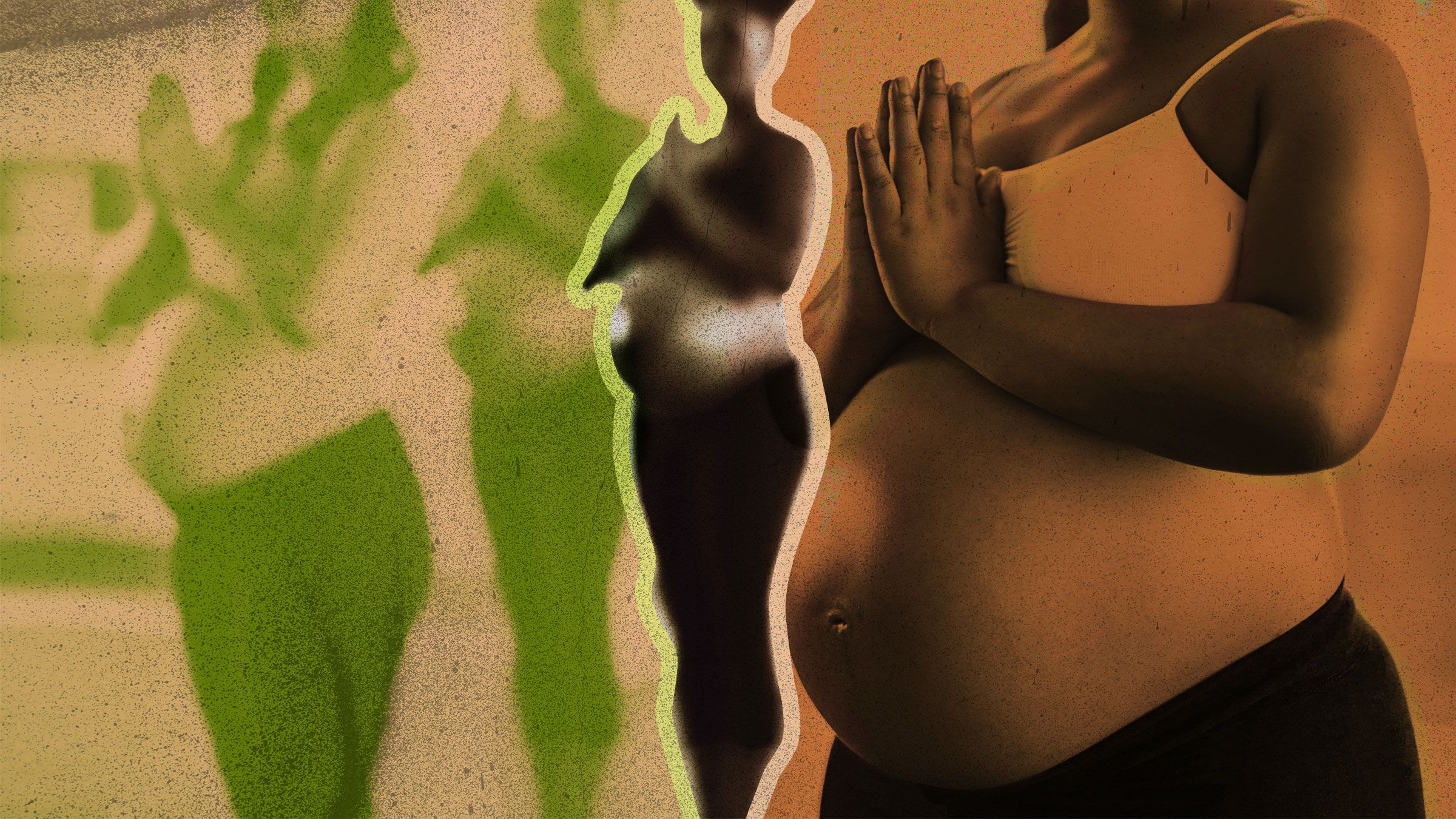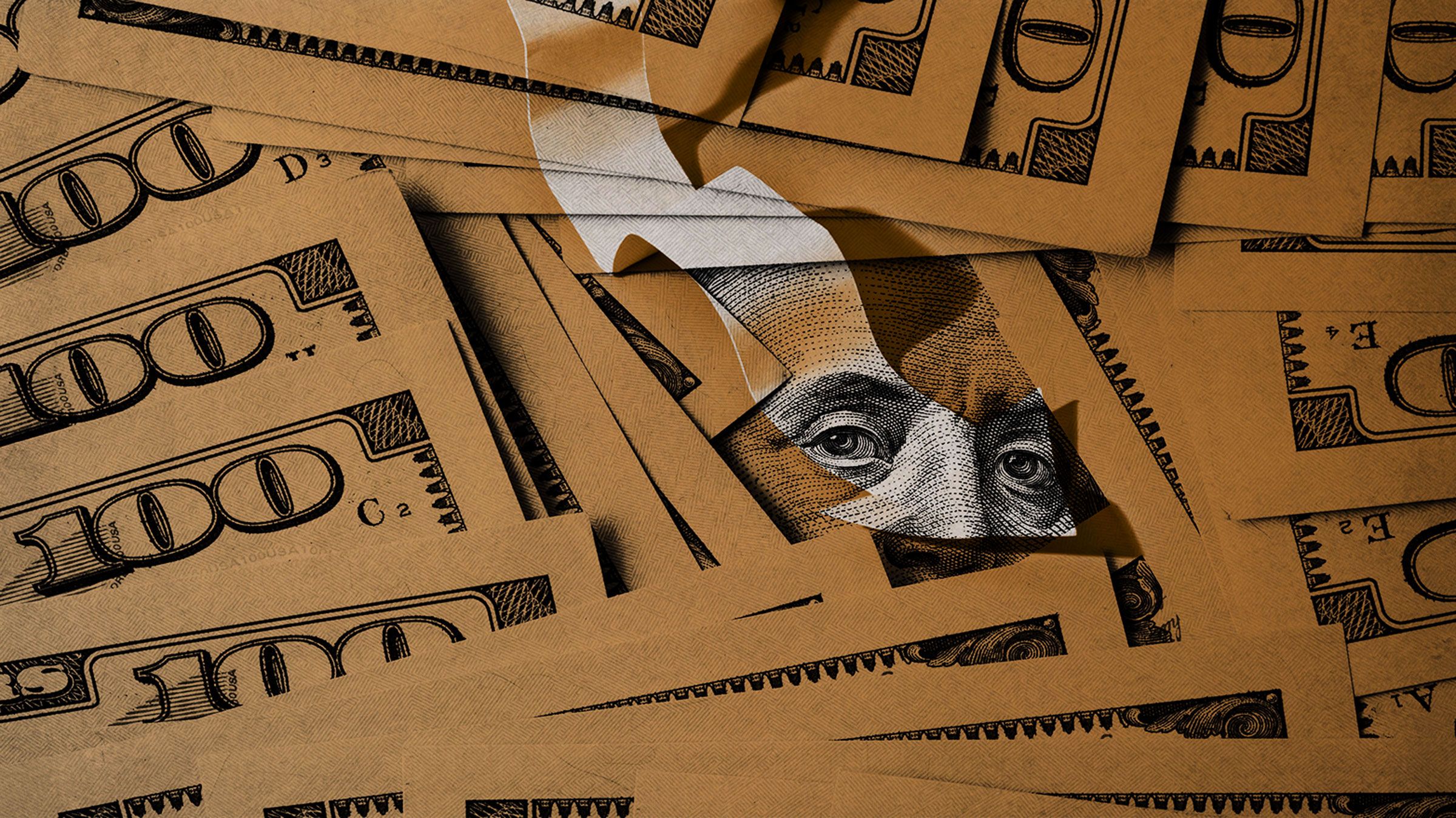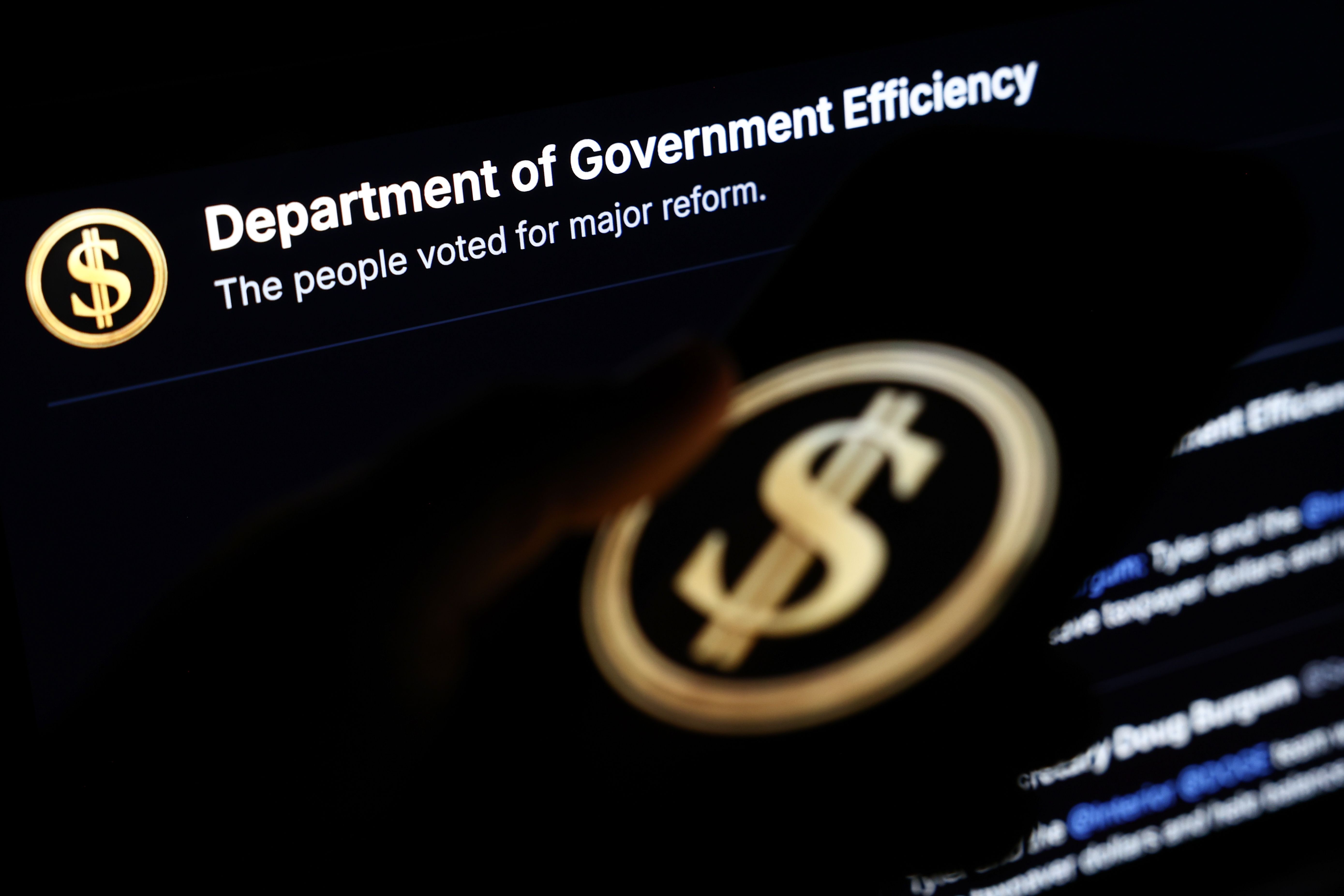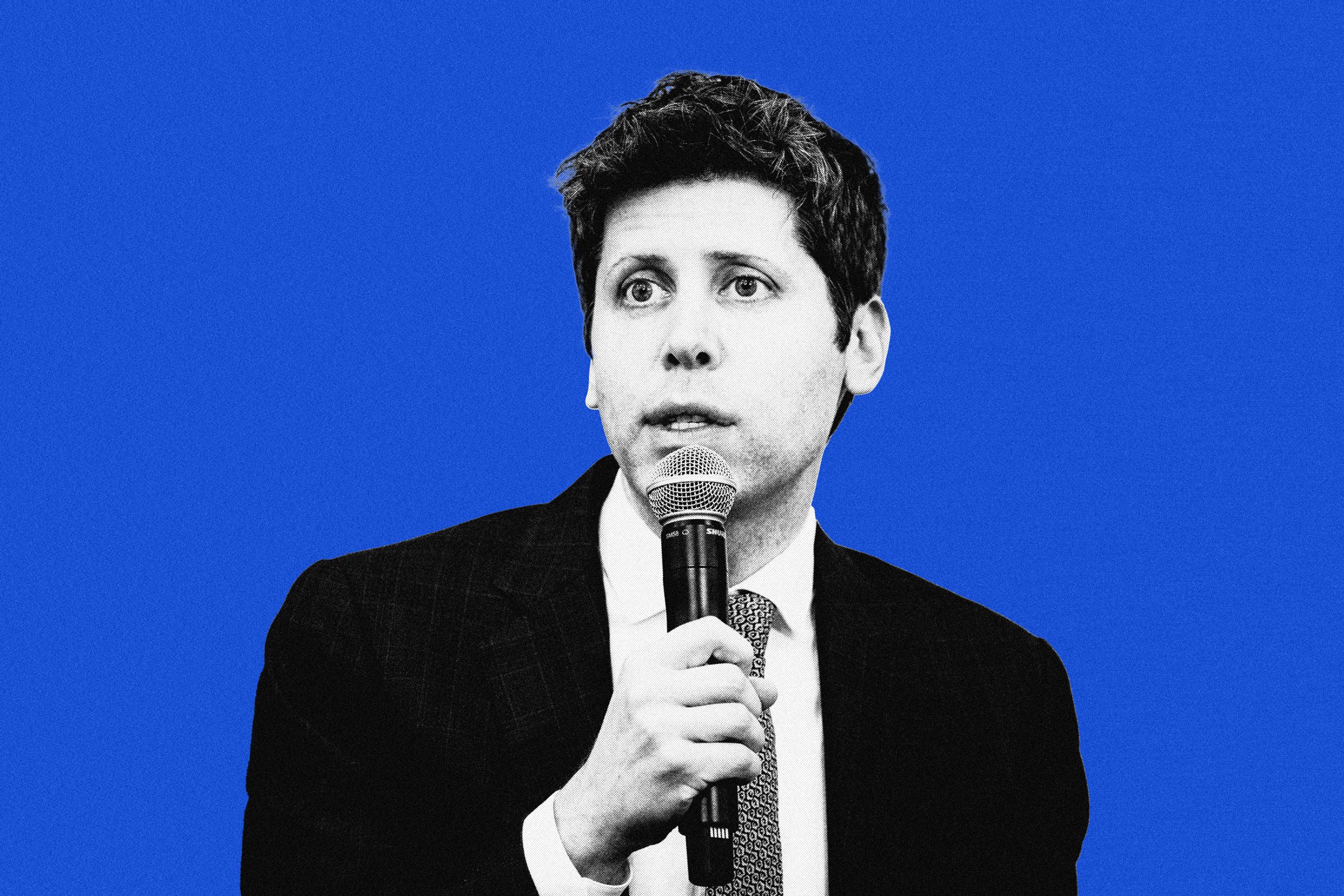Inequality Is a Health Risk—and It’s Getting Worse
…

Inequality Is a Health Risk—and It’s Getting Worse
Inequality is not just an issue of fairness or justice—it is also a major health risk that is getting worse. Research has shown that individuals living in impoverished communities are more likely to suffer from chronic illnesses such as diabetes, heart disease, and mental health disorders.
The gap between the rich and the poor has been widening for decades, leading to a disparity in access to healthcare and healthy living conditions. While the wealthy have access to high-quality medical care and nutritious food, many low-income individuals struggle to afford basic healthcare services and live in food deserts.
This unequal distribution of resources has far-reaching consequences on public health, with higher rates of preventable diseases and premature deaths among marginalized populations. In addition, economic inequality can also have a negative impact on mental health, leading to increased stress and anxiety levels.
Furthermore, social determinants of health, such as education and employment opportunities, are heavily influenced by socioeconomic status. Individuals living in poverty are more likely to face barriers to accessing quality education and stable employment, which can further exacerbate health disparities.
Addressing inequality as a health risk requires a multifaceted approach that involves policy changes, community initiatives, and individual advocacy. By investing in affordable healthcare, improving access to nutritious food, and promoting economic opportunities for all, we can work towards creating a more equitable society where everyone has the opportunity to live a healthy life.
In conclusion, the growing inequality in our society is not just a social issue—it is a public health crisis that requires urgent attention and action. By prioritizing health equity and addressing the root causes of inequality, we can create a healthier and more just world for all.






